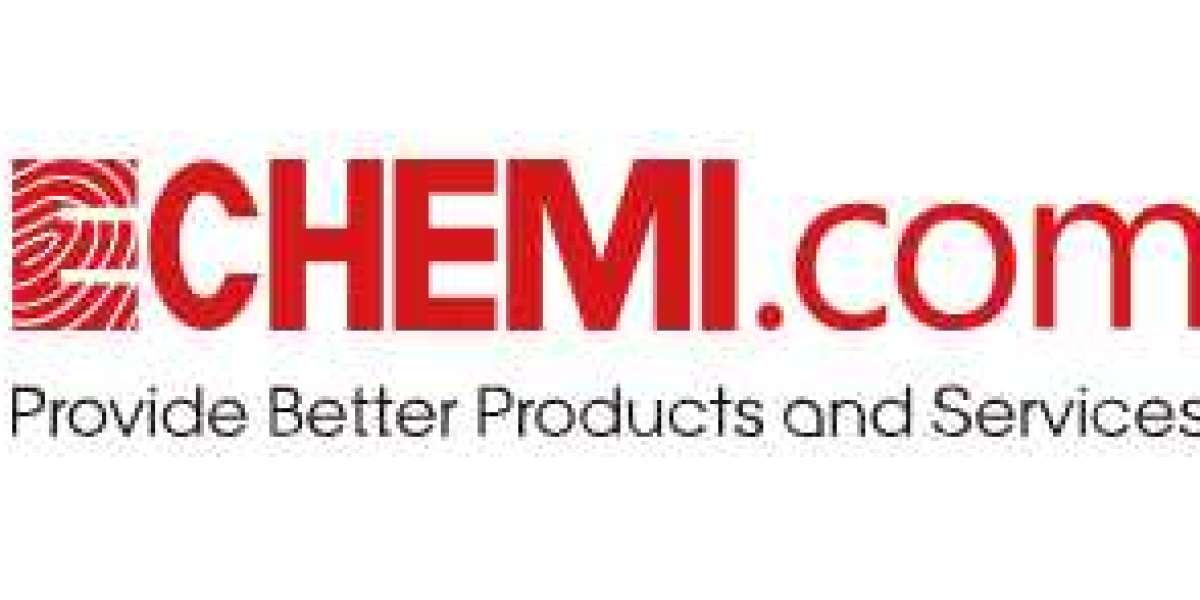Regulatory compliance is a critical aspect of operations for chemical manufacturing companies to ensure adherence to laws, regulations, and industry standards governing the production, handling, and distribution of chemical products. Compliance with regulatory requirements is essential for maintaining product safety, protecting the environment, ensuring worker health and safety, and upholding the reputation and credibility of the company.
Key components of regulatory compliance in chemical manufacturing companies include:
Safety and Environmental Regulations: Chemical manufacturers must comply with safety and environmental regulations set by government agencies such as the Occupational Safety and Health Administration (OSHA) and the Environmental Protection Agency (EPA). Adherence to regulations on handling hazardous materials, waste disposal, emission control, and workplace safety is crucial to prevent accidents, minimize environmental impact, and protect the health and safety of employees and the community.
Product Labeling and Documentation: Compliance with regulations on product labeling, packaging, and documentation is vital for chemical manufacturers. Ensuring accurate and compliant labeling, including hazard communication labels, safety data sheets (SDS), and product information, helps convey important safety information to customers, distributors, and end-users, enabling safe handling and use of chemical products.
Quality Control and Good Manufacturing Practices (GMP): Adhering to quality control standards and GMP guidelines is essential for maintaining product quality, consistency, and safety in chemical manufacturing. Implementing robust quality control processes, conducting regular inspections, and complying with GMP requirements ensure that products meet regulatory standards, customer expectations, and industry best practices.
Regulatory Reporting and Compliance Audits: Chemical manufacturers are required to submit regulatory reports, permits, and compliance documentation to regulatory authorities. Conducting internal audits, engaging in compliance monitoring, and participating in regulatory inspections help ensure ongoing compliance with regulatory requirements, identify areas for improvement, and demonstrate a commitment to regulatory adherence and accountability.
Risk Assessment and Management: Compliance with regulations involves conducting risk assessments, identifying potential hazards, and implementing risk management strategies to mitigate risks in chemical manufacturing processes. By assessing risks, implementing preventive measures, and establishing emergency response plans, manufacturers can minimize risks to employees, the environment, and the public, ensuring regulatory compliance and operational safety.
Continuous Monitoring and Training: Chemical manufacturers must engage in continuous monitoring of regulatory changes, industry trends, and best practices to stay updated on compliance requirements. Providing employee training on regulatory compliance, safety procedures, and best practices is essential for fostering a culture of compliance, ensuring employee awareness, and upholding regulatory standards in daily operations.
In conclusion, regulatory compliance is a fundamental responsibility for chemical manufacturing companies to operate ethically, safely, and in accordance with legal requirements. By prioritizing safety regulations, environmental standards, product labeling, quality control, reporting, risk management, and employee training, manufacturers can uphold regulatory compliance, maintain industry credibility, and ensure the safety, quality, and sustainability of their operations in the dynamic and regulated landscape of the chemical manufacturing industry.








